1. Thriller – Michael Jackson (1982)
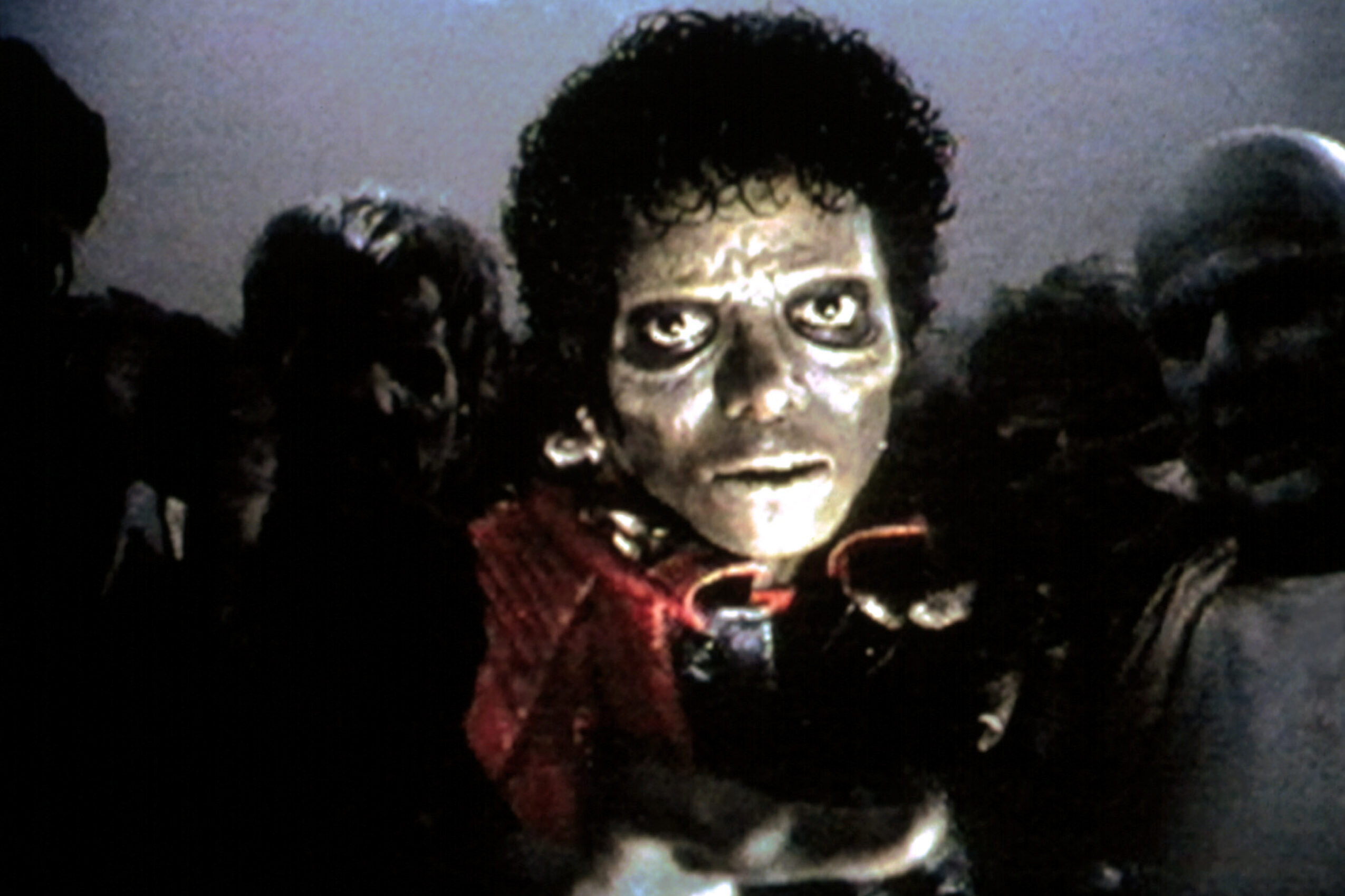
Michael Jackson didn’t just release an album with Thriller—he changed the entire music industry. The record’s blend of pop, rock, and R&B set a new standard, and its accompanying music videos became cultural landmarks. Songs like “Billie Jean” and “Beat It” dominated the airwaves, while “Thriller” itself came with an iconic, horror-inspired video that turned music videos into an art form. It wasn’t just a commercial success—it was a phenomenon, selling over 70 million copies worldwide. Jackson’s moonwalk on Motown 25 only fueled the frenzy, proving he was more than a singer—he was a force of nature says Forbes.
Even critics who weren’t fans of pop music had to admit Thriller was something special. The production, handled by Quincy Jones, was as close to flawless as it got. The album blurred racial boundaries on MTV, opening doors for Black artists who had previously been shut out. Michael became the King of Pop, and the album’s impact is still felt today. Even decades later, few albums can claim to have reshaped the music world the way Thriller did adds the Root.
2. Purple Rain – Prince and The Revolution (1984)
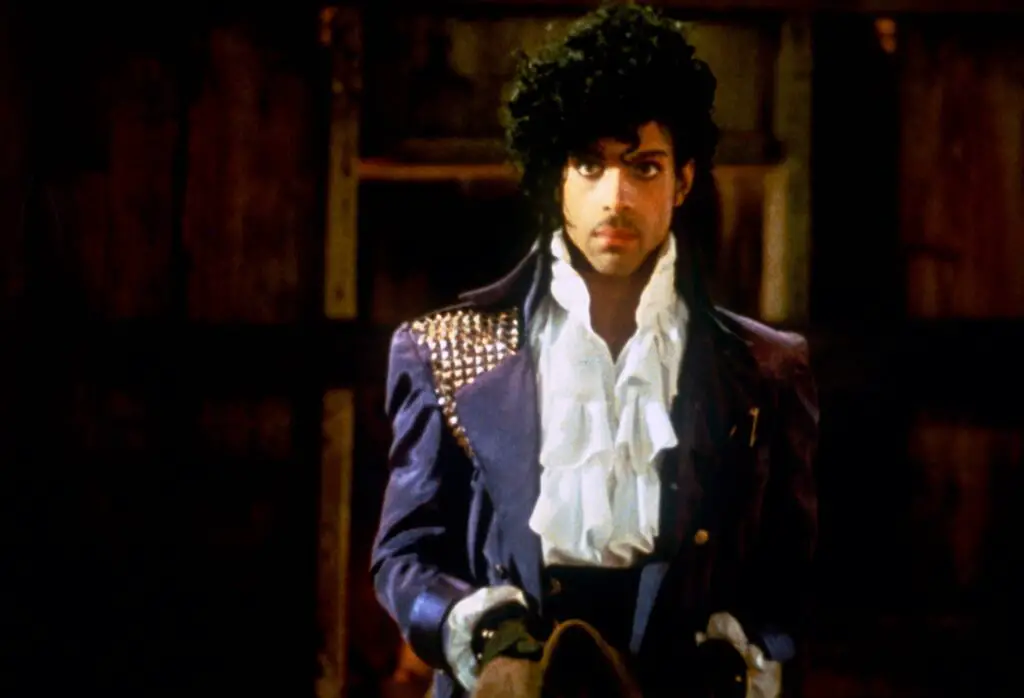
Prince was already a rising star, but Purple Rain turned him into a legend. The album, which doubled as the soundtrack for his semi-autobiographical film, was a mix of rock, pop, and funk, all drenched in his unmistakable style. “When Doves Cry” and “Let’s Go Crazy” became instant anthems, showcasing both his guitar prowess and his ability to write deeply emotional lyrics. The title track, a slow-burning epic, remains one of the most hauntingly beautiful songs ever recorded says the Music Universe.
Beyond the music, Purple Rain cemented Prince as a rule-breaker. He defied genre labels, pushed boundaries with his flamboyant performances, and fought for artistic control. The album’s success made him a household name, proving that he was in a league of his own. Even in a decade full of musical giants, Purple Rain stood apart, proving that music could be theatrical, emotional, and rebellious all at once.
3. Born in the U.S.A. – Bruce Springsteen (1984)
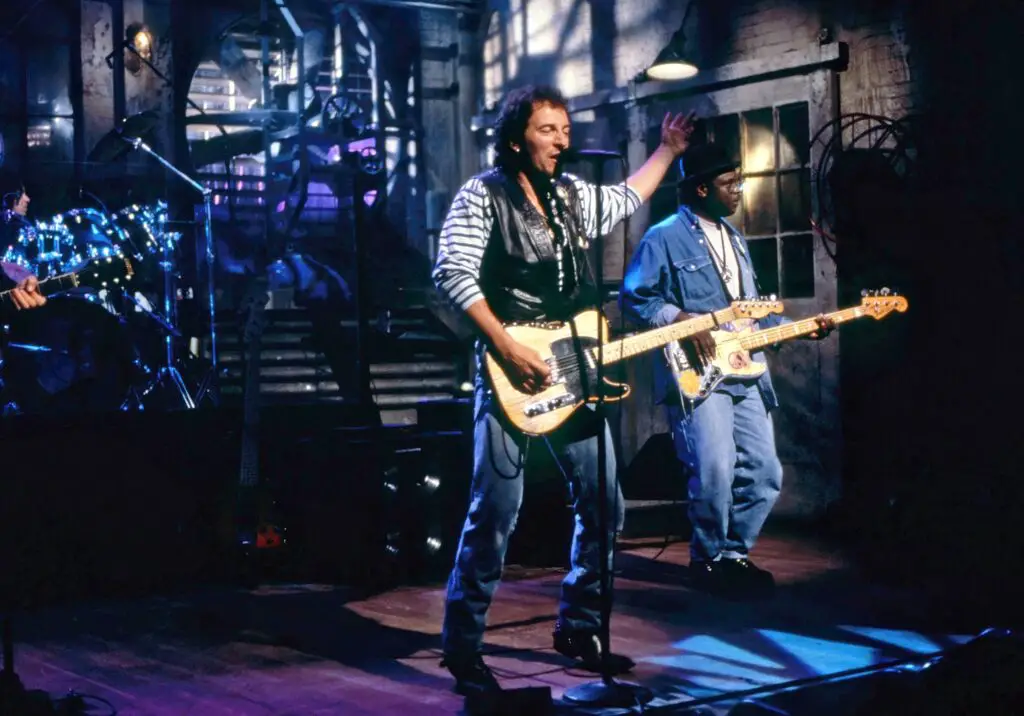
If there was ever an album that perfectly captured both the pride and struggles of working-class America, it was Born in the U.S.A.. Bruce Springsteen took his signature heartland rock and infused it with synthesizers and radio-friendly hooks, making it one of his most commercially successful albums. Songs like “Dancing in the Dark” and “Glory Days” had a nostalgic yet anthemic quality, making them instant classics. The title track, often misunderstood, was a searing critique of how America treated its Vietnam veterans, wrapped in an arena-ready chorus shares Gold Radio.
Springsteen wasn’t just making music—he was telling stories. His lyrics painted vivid pictures of lost dreams, small-town struggles, and the search for meaning. The album’s massive success made him an even bigger star, but he never lost the everyman persona that made people connect with him. Born in the U.S.A. wasn’t just an album; it was a snapshot of America in the ’80s, flaws and all.
4. Like a Virgin – Madonna (1984)
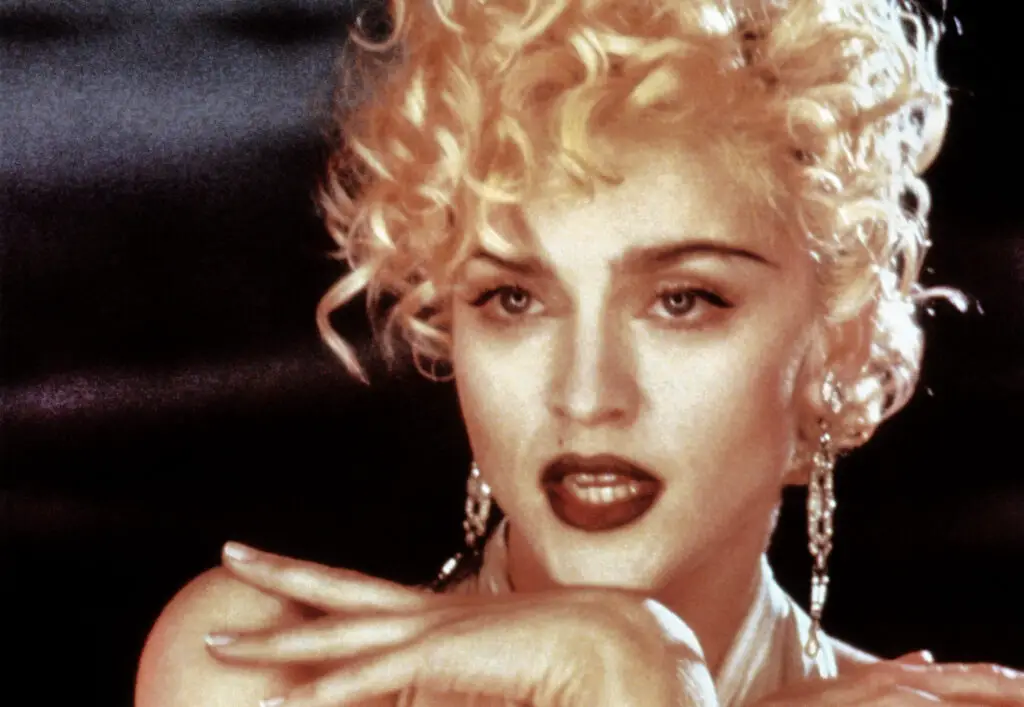
Madonna had already made waves with her debut, but Like a Virgin turned her into a cultural phenomenon. The title track, with its playful yet provocative lyrics, became one of the defining songs of the decade. “Material Girl” solidified her image as the queen of reinvention, while deeper cuts like “Dress You Up” proved she was more than just a pop star—she was a pop mastermind. The album was filled with catchy hooks and infectious dance beats, making it a staple of the ’80s club scene.
Beyond the music, Like a Virgin was a statement. Madonna wasn’t just singing about love—she was challenging perceptions of femininity, sexuality, and power in a way that hadn’t been done before. Her famous MTV performance, writhing on stage in a wedding dress, sent shockwaves through the industry. She wasn’t just making music; she was changing the rules of the game.
5. Appetite for Destruction – Guns N’ Roses (1987)
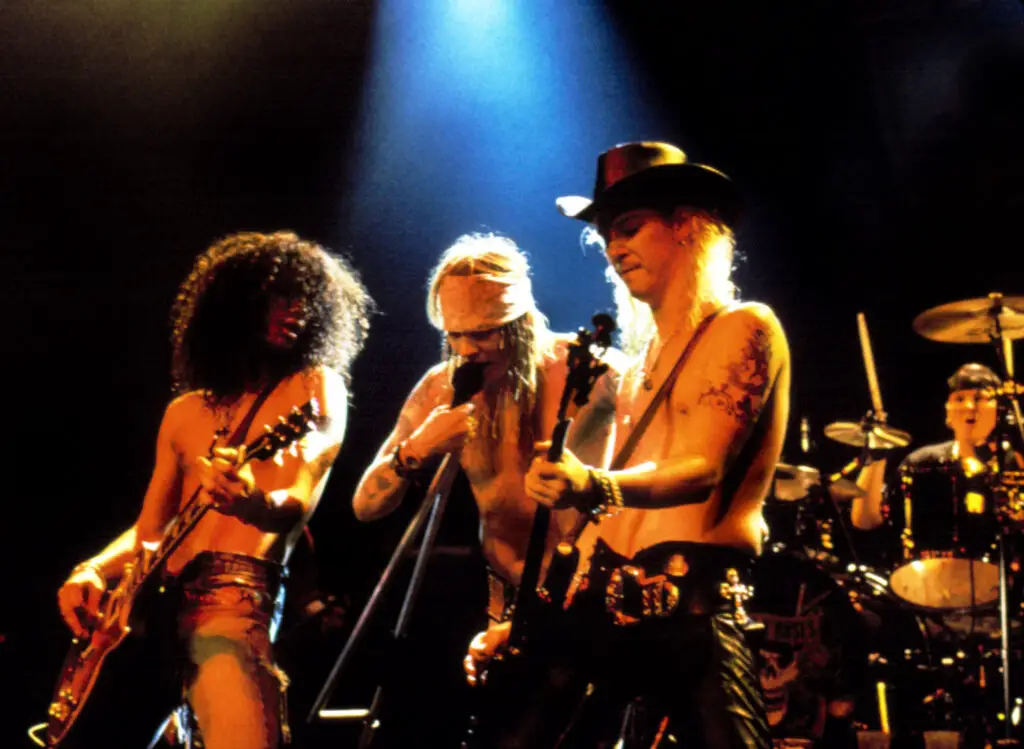
The ’80s had its fair share of glam rock, but Appetite for Destruction was something different. Guns N’ Roses weren’t interested in spandex and hairspray—they were gritty, raw, and unapologetically dangerous. “Welcome to the Jungle” announced their arrival with a scream, while “Sweet Child o’ Mine” gave them a softer, yet equally powerful, edge. The entire album was a rollercoaster of excess, rebellion, and incredible guitar riffs.
GNR brought a level of authenticity back to rock music, stripping away the polish and bringing back the dirt. Axl Rose’s vocals were both feral and emotional, while Slash’s guitar solos were instantly legendary. The album wasn’t just a hit—it was a cultural reset for rock music. Even today, Appetite for Destruction remains one of the greatest debut albums of all time.
6. The Joshua Tree – U2 (1987)

By the time The Joshua Tree came out, U2 had already built a solid fanbase, but this album launched them into superstardom. Songs like “With or Without You” and “I Still Haven’t Found What I’m Looking For” were both haunting and deeply personal, blending rock with an almost spiritual intensity. The Edge’s shimmering guitar sound became the band’s signature, while Bono’s lyrics painted pictures of longing and social struggle.
This wasn’t just an album—it was a journey. U2 managed to capture both the vastness of America and the internal search for meaning. The album’s success cemented them as one of the most important rock bands of their generation. Decades later, The Joshua Tree remains a masterclass in how to create music that feels both massive and deeply intimate.
7. Hysteria – Def Leppard (1987)
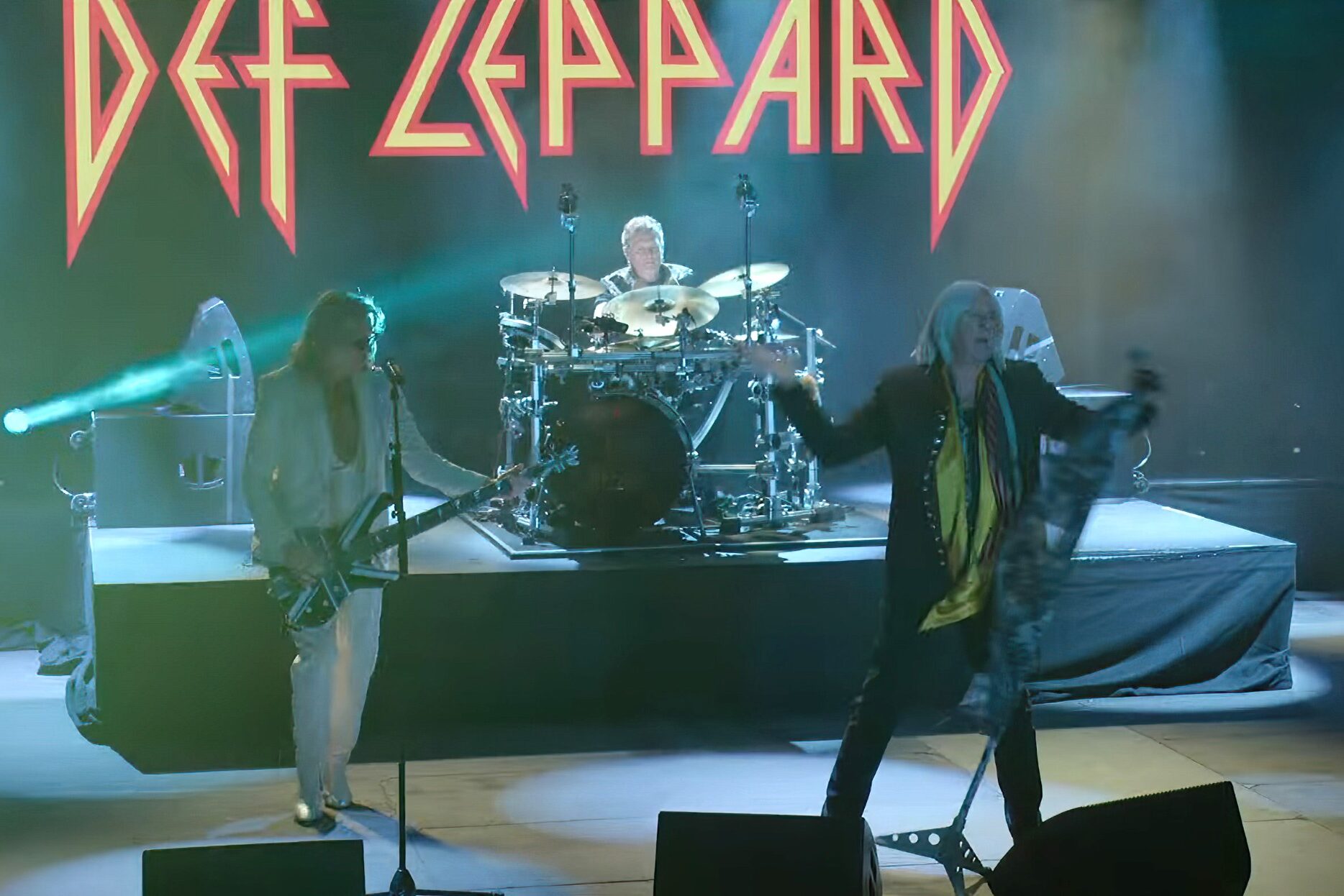
Rock music in the ’80s was all about big hooks, even bigger production, and stadium-sized ambition, and Hysteria embodied all of that. Def Leppard had already tasted success, but this album took them to another level. Songs like “Pour Some Sugar on Me” and “Love Bites” became instant rock anthems, blending glossy production with hard-hitting riffs. The album took years to make, with producer Mutt Lange obsessing over every note to create something that sounded massive.
The real triumph of Hysteria, though, was that it even existed. Drummer Rick Allen lost his arm in a car accident during production, but instead of giving up, the band innovated, helping him develop a new drumming technique. The album’s success was proof that determination and creativity could overcome anything. It wasn’t just a hit—it was a triumph of the human spirit.
8. True Blue – Madonna (1986)
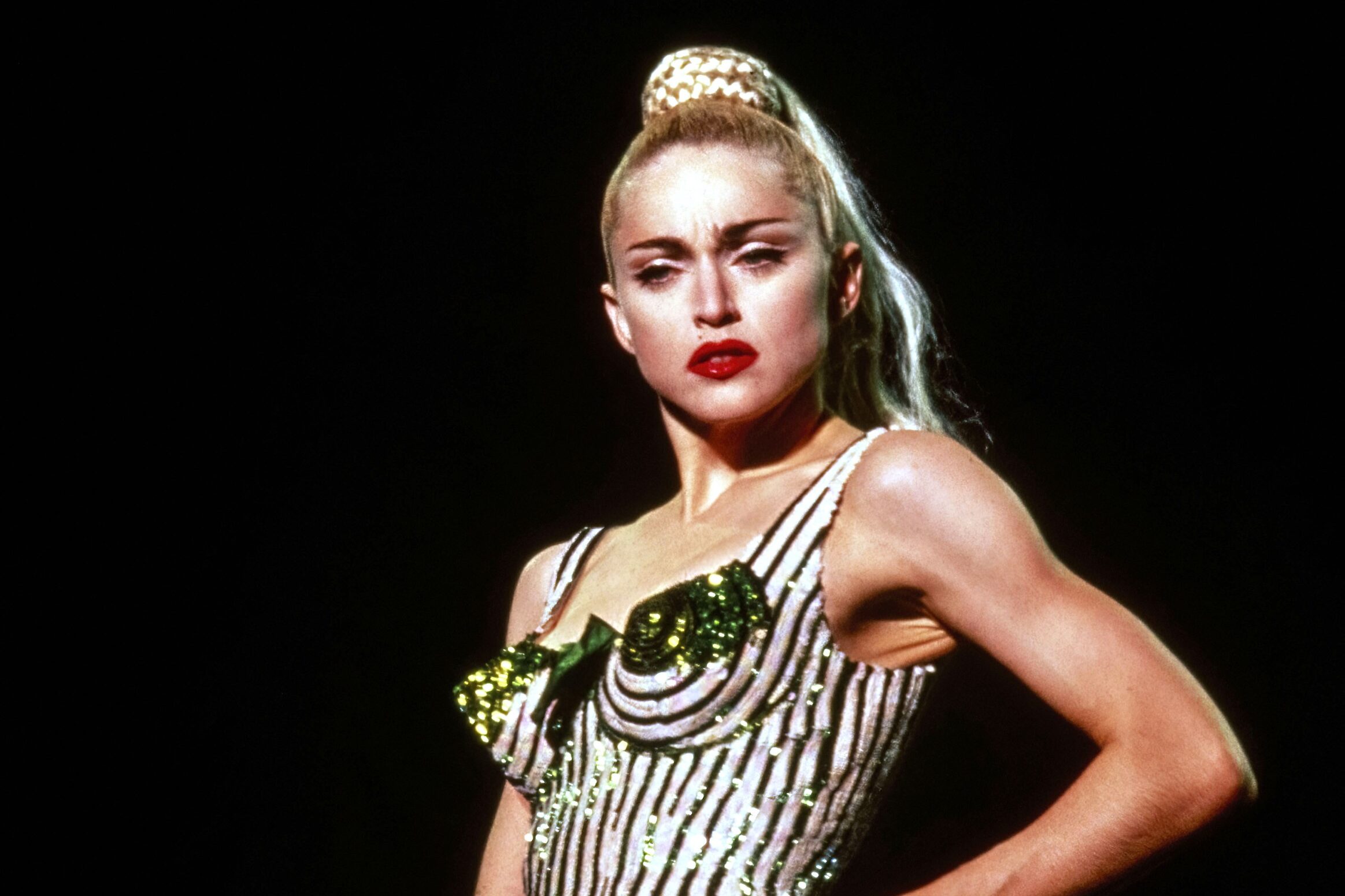
If Like a Virgin made Madonna a star, True Blue solidified her as a pop icon. This album saw her evolve both musically and lyrically, moving beyond the playful rebellion of her earlier work. Songs like “Papa Don’t Preach” tackled real-life issues, sparking debates about teenage pregnancy and personal choices. “Open Your Heart” showcased her knack for infectious pop melodies, while “Live to Tell” revealed a depth and vulnerability that critics hadn’t expected from her.
Madonna wasn’t just making danceable hits—she was creating music that resonated on a deeper level. True Blue became the best-selling female album of the ’80s, proving that she wasn’t just a flash in the pan. Every track felt like a statement, and every music video became an event. Decades later, True Blue still holds up as one of the defining albums of the decade.
9. Slippery When Wet – Bon Jovi (1986)
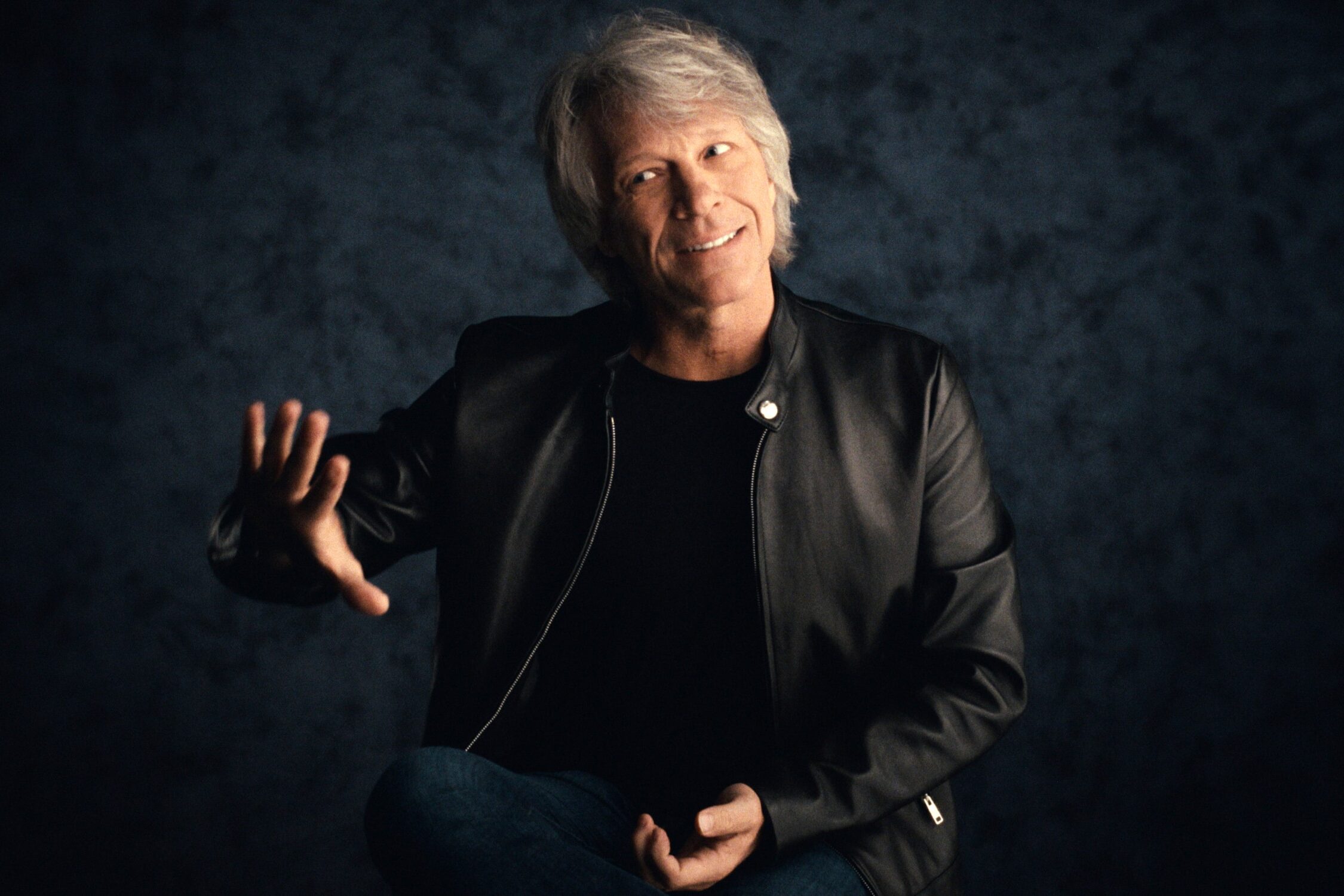
The moment Slippery When Wet hit the airwaves, Bon Jovi became one of the biggest bands on the planet. This album had everything—arena-sized anthems, singalong choruses, and enough energy to power a thousand concerts. “Livin’ on a Prayer” became a working-class anthem, with its story of Tommy and Gina resonating with everyday people. “You Give Love a Bad Name” and “Wanted Dead or Alive” only added to the album’s legendary status, making Bon Jovi the kings of ’80s rock radio.
Unlike many hair metal bands of the era, Bon Jovi had a sincerity that connected with fans. They weren’t just about party songs—they had heart, and Slippery When Wet captured that perfectly. The album was an unstoppable hit, selling over 28 million copies worldwide. Even today, it’s impossible to hear “Livin’ on a Prayer” without wanting to belt it out at the top of your lungs.
10. 1984 – Van Halen (1984)
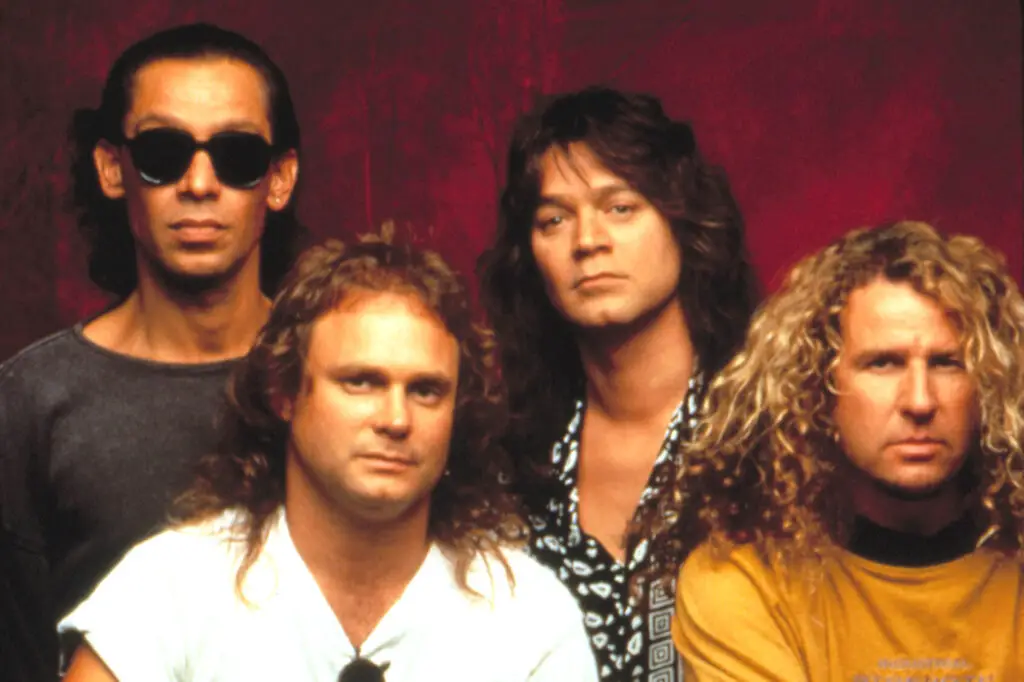
Van Halen was already a rock powerhouse, but 1984 took them to a whole new level. This was the album where Eddie Van Halen introduced synths into their signature sound, creating an electrifying mix of hard rock and pop accessibility. “Jump” became their biggest hit, with its unforgettable keyboard riff breaking all expectations. “Panama” and “Hot for Teacher” were pure, high-energy rock, showcasing Eddie’s unmatched guitar skills and David Lee Roth’s over-the-top charisma.
While the album was a massive success, it also marked the end of an era for the band. David Lee Roth left shortly after, making 1984 the last full-length album with the original lineup before things changed forever. The album’s blend of innovation and classic rock energy kept it in heavy rotation for decades. To this day, 1984 remains one of the most thrilling and fun rock albums ever recorded.
11. Control – Janet Jackson (1986)
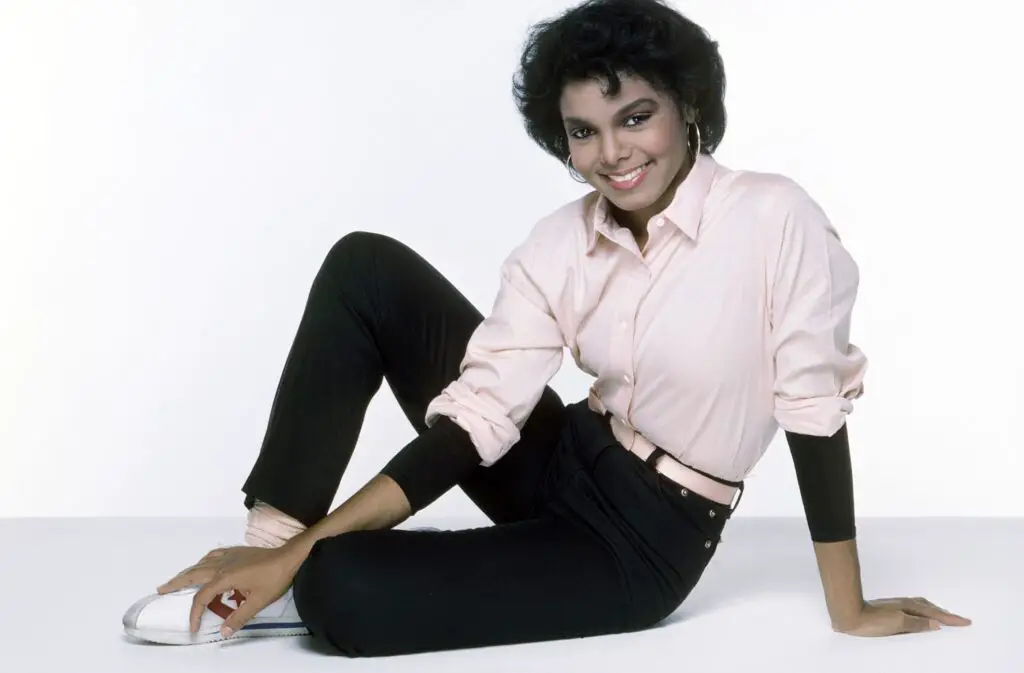
Before Control, Janet Jackson was mostly known as Michael’s younger sister. After Control, she was a superstar in her own right. This album was a declaration of independence, with Janet stepping out of her family’s shadow and taking creative control of her career. Songs like “What Have You Done for Me Lately” and “Nasty” introduced a new, assertive persona, while “When I Think of You” brought infectious pop grooves.
Produced by Jimmy Jam and Terry Lewis, Control pioneered the New Jack Swing sound that would dominate the late ’80s and early ’90s. Janet wasn’t just singing about love—she was singing about power, confidence, and self-respect. The album turned her into an icon and set the stage for the even bigger success that would come next. It was more than just a hit record; it was a cultural shift.
12. Graceland – Paul Simon (1986)
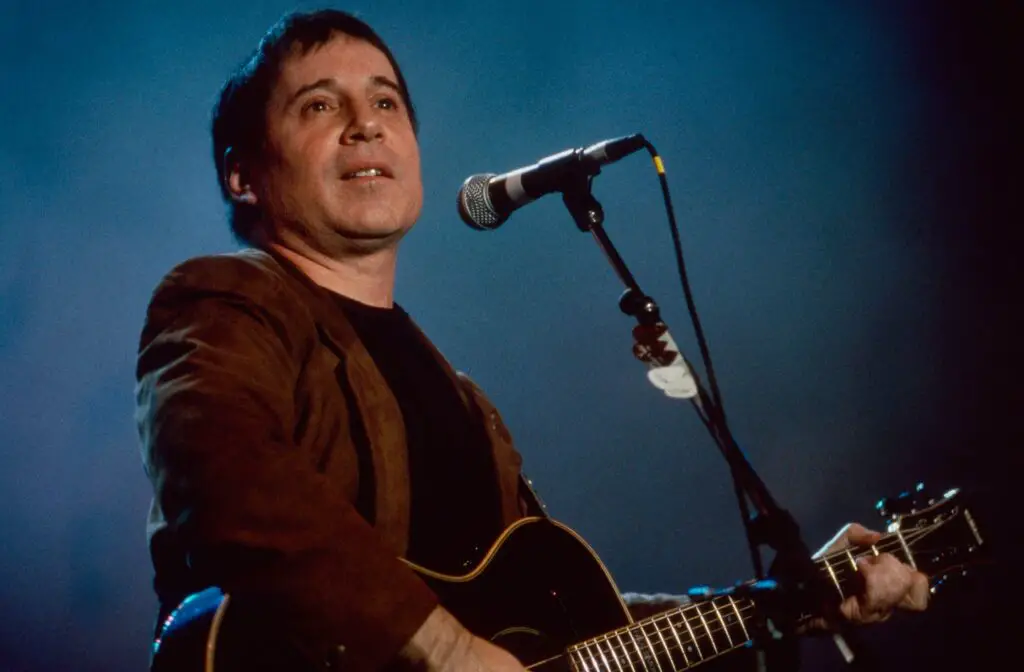
Few albums in the ’80s were as unexpected and groundbreaking as Graceland. Paul Simon, already a respected singer-songwriter, took a bold step by incorporating South African music into his sound. The result was an album that felt both deeply personal and universally uplifting. Songs like “You Can Call Me Al” and “Diamonds on the Soles of Her Shoes” blended Simon’s poetic lyrics with the vibrant rhythms of African musicians.
The album wasn’t without controversy—Simon’s decision to record in South Africa during apartheid sparked political debate. But despite the backlash, Graceland became one of the most celebrated albums of the decade. It introduced millions of listeners to world music and showcased the beauty of musical collaboration. Even today, Graceland remains a testament to the power of music to bridge cultures.
13. Faith – George Michael (1987)
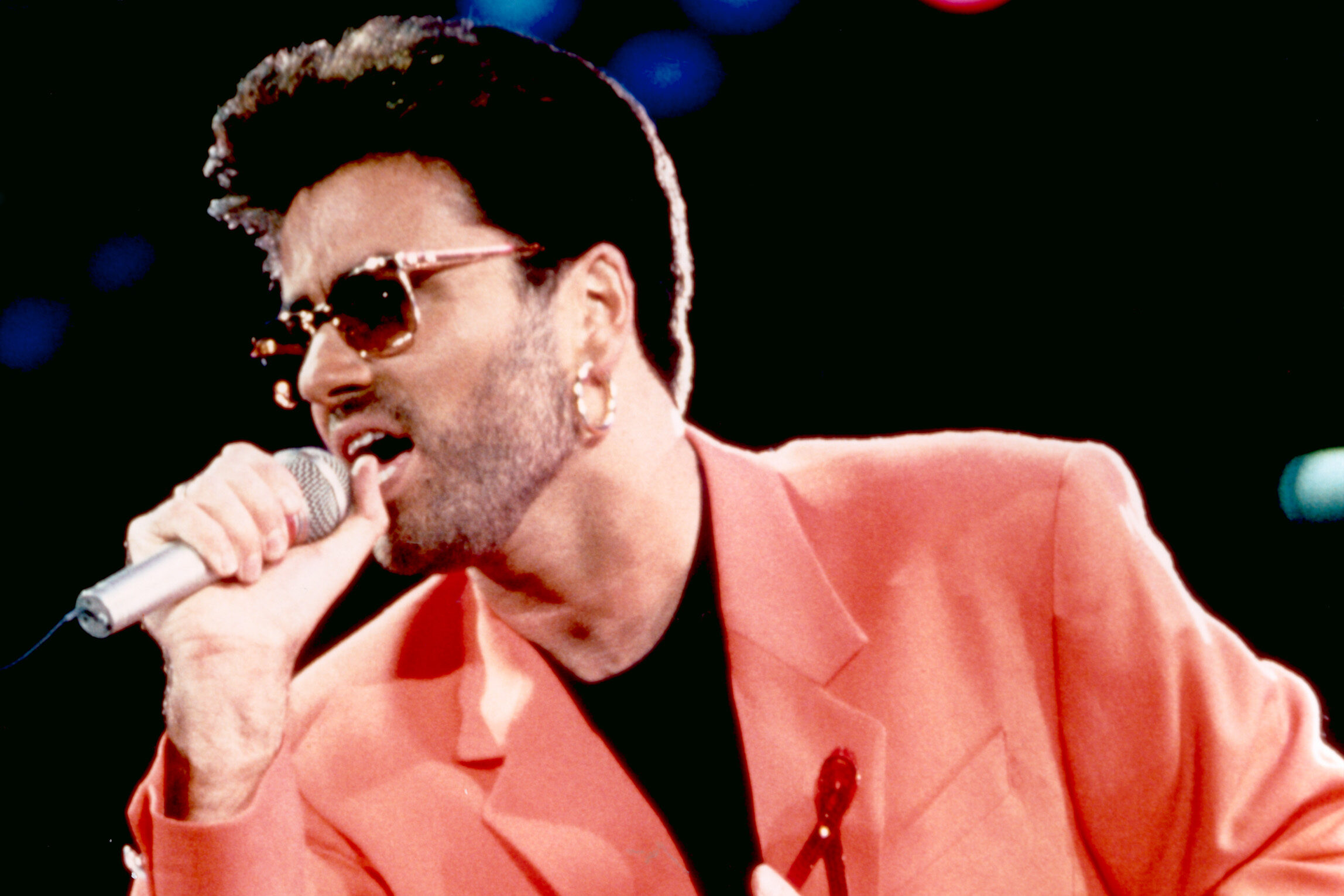
George Michael had already conquered pop music with Wham!, but Faith proved he was more than just a teen idol. This was an album that showcased his songwriting, musicianship, and sheer star power. The title track, with its rockabilly-infused beat, was an instant classic. “Father Figure” and “One More Try” showed a more emotional, soulful side, proving he had depth beyond the dance floor.
Michael played almost every instrument on the album, showing just how much of a perfectionist he was. Faith wasn’t just a hit—it was a statement that he had fully arrived as a solo artist. The album topped the charts and won a Grammy, cementing George Michael’s place in music history. It was proof that pop music could be smart, sexy, and deeply personal all at once.
14. Sign o’ the Times – Prince (1987)
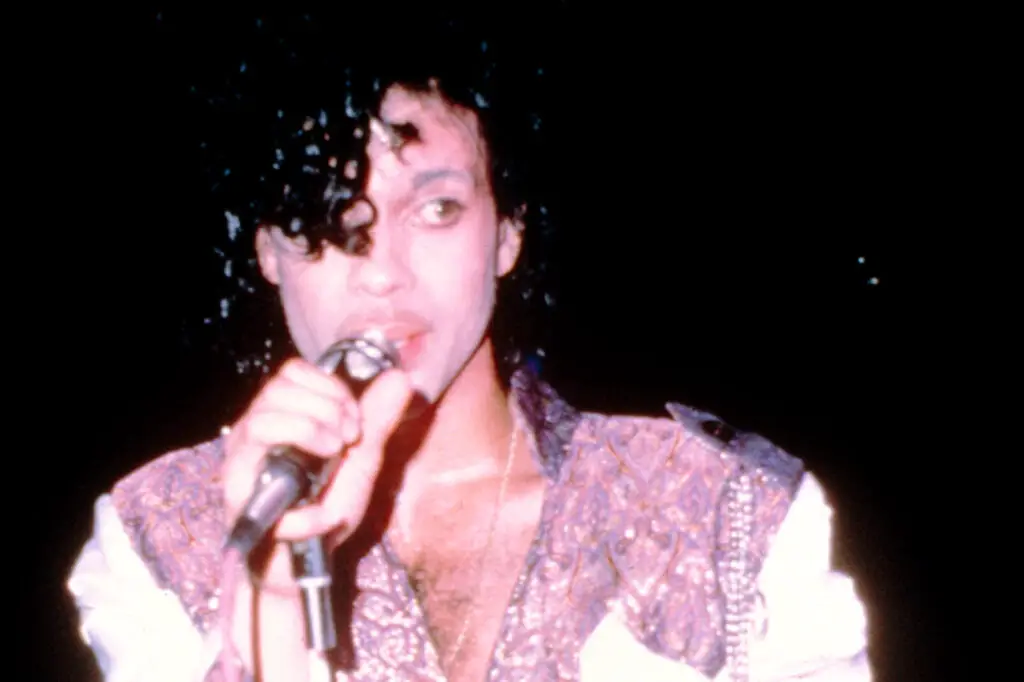
Prince never stayed in one musical lane, and Sign o’ the Times was proof of that. This double album touched on everything—funk, rock, soul, and even jazz influences. The title track was a stark, politically charged song about the state of the world, proving Prince could be just as thought-provoking as he was playful. “If I Was Your Girlfriend” challenged gender norms, while “I Could Never Take the Place of Your Man” was a masterclass in storytelling.
This album wasn’t as commercially massive as Purple Rain, but many fans and critics consider it his true masterpiece. Prince played almost every instrument himself, crafting a sound that was uniquely his own. Sign o’ the Times was daring, innovative, and ahead of its time—just like Prince himself. Even today, it stands as one of the most brilliant albums ever made.
